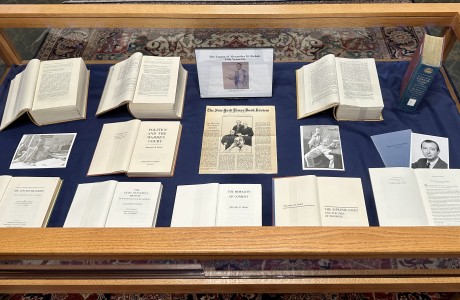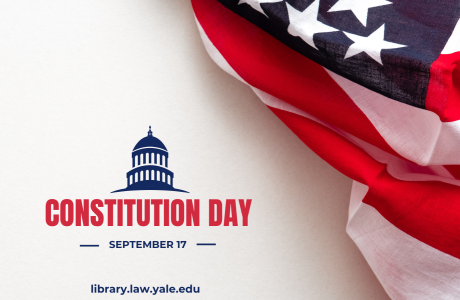Privatizing Adjudication: WWBD? (what would Bentham do?)
For those of us unable to ask this question of Jeremy Bentham in person, Prof. Judtih Resnik's article in Law and Ethics of Human Rights presents a fascinating review of the value Bentham placed on publicity. That's publicity as in "publicity is the very soul of justice. ... It keeps the judge himself, while trying, under trial." For Bentham, publicity in courts serves accuracy, educative, disciplinary and legitimating functions.
Prof. Resnik notes that with regard to the accuracy function, publicity can -- and often does -- fail to meet Bentham's expectations. Instead, the thing about public adjudication that interests her and Representing Justice co-author Dennis Curtis is its democratic elements: judges hearing all sides as equals, deciding independently of the government employing them. When the United States tries suspected terrorists in closed military "courts" what remains of democratic norms like equal treatment and constrained government authority when publicity is withdrawn? And in light of the tradition of openness in U.S. courts should such closed adjudicative tribunals even be referred to as "courts"?
Fortunately, whatever becomes of courts as places of public discourse, Bentham and his contemporaries found two other stalwart, too big to fail institutions of discourse: an uncensored press and a subsidized postal system. Hmm... Thanks, guys.


